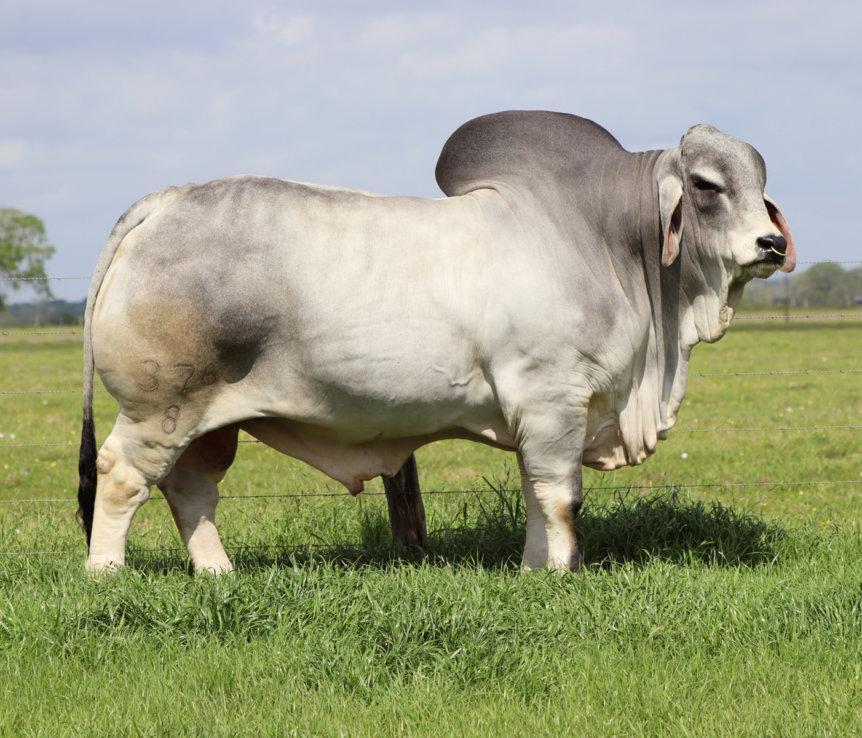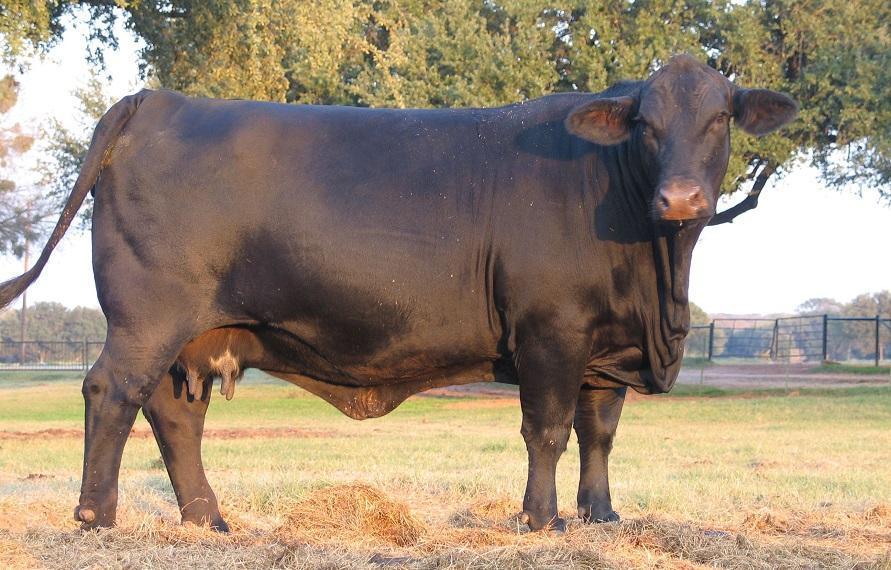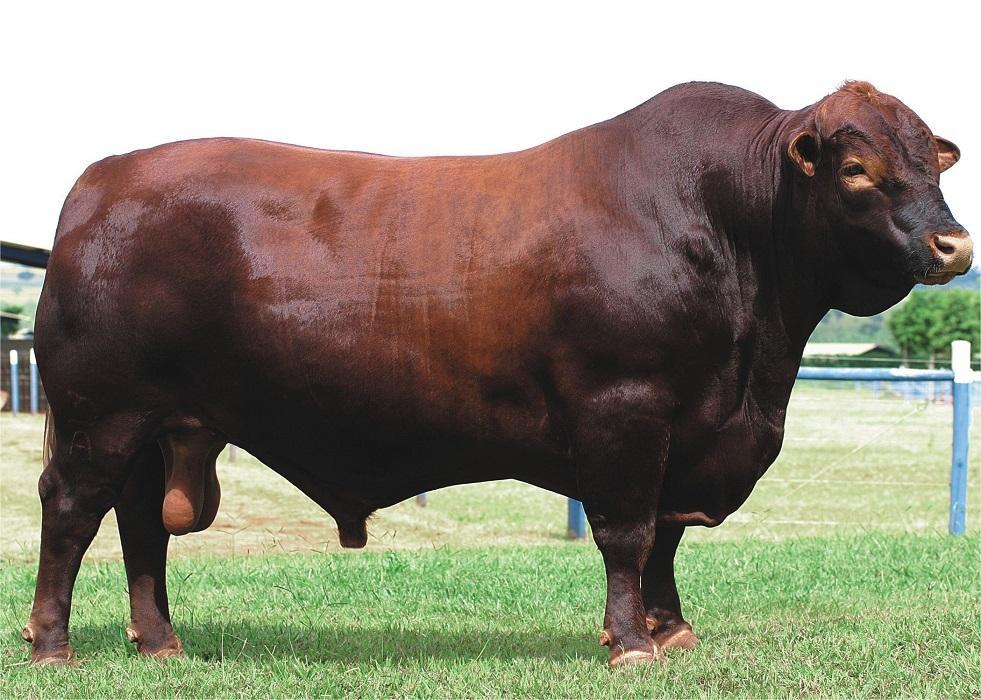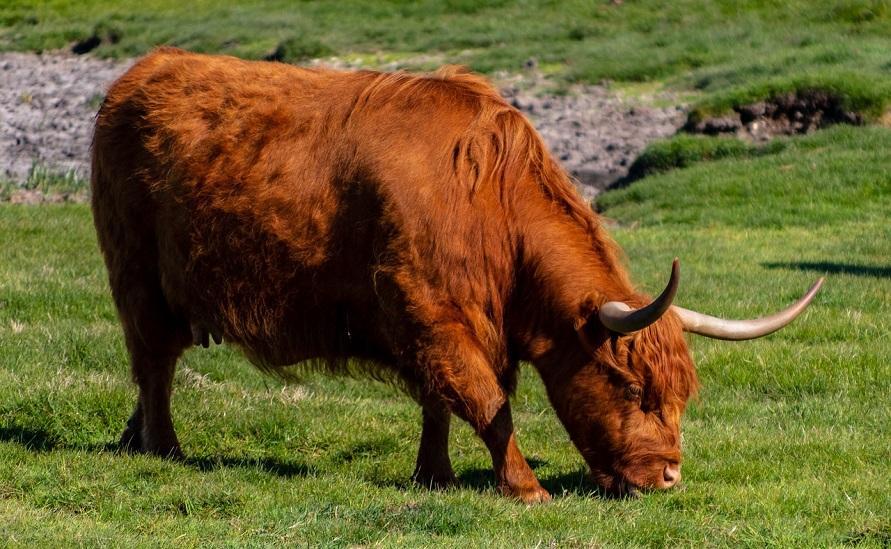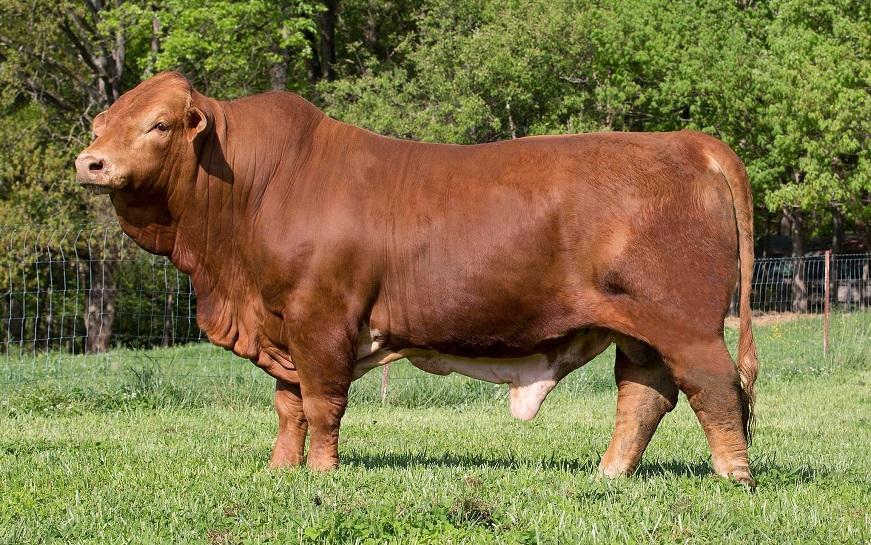Best Pet Duck Breeds
Ducks can be surprisingly endearing pets when well cared for. Typically affordable and easy to tame, these birds thrive best in outdoor environments where they can forage freely. Their social nature means they need companionship, so keeping more than one duck is essential to prevent anxiety from isolation. For households with a spacious backyard, particularly one with a pond, ducks can become wonderful and lively additions to the family.
Characteristics of a Good Pet Duck
A duck can be a great pet, but some factors need consideration before getting one.
- Temperament — Ducks generally have a friendly temperament, making them easier to tame. However, though ducks can be affectionate, they generally don’t exhibit the same level of friendliness as dogs, cats, or other birds such as budgies. For instance, Indian Runners tend to be skittish, and Muscovy ducks may even display aggression when startled.
- Flying Ability— It is safer to choose breeds less capable of flight. For breeds that have better flying capabilities, their wings can be clipped. It is a painless procedure for the ducks and lowers the chance of them accidentally flying away or getting into trouble.
- Egg-laying Tendency — This trait can be seen as either favorable or unfavorable, depending on the person rearing the duck. Breeds that lay eggs regularly might appeal to those who want a steady supply of eggs. Conversely, those that don’t lay as frequently are ideal for someone not willing to manage eggs or baby ducklings.
- Noise Levels — Ducks are typically quieter than chickens, but breeds, such as the Call Duck, Australian Spotted Duck, and Rouen, may become loud when seeking attention or feeling threatened.
List of the Best Ducks for Pets
| Breed | Egg-laying Tendency (per week) | Can it Fly |
|---|---|---|
| Welsh Harlequin | 5-6 | No |
| American Pekin | 4-5 | No |
| Australian Spotted Duck | 14-21 | Yes |
| Call Duck | 0-2 | Yes |
| Crested Duck | 2-4 | Poorly |
| Black East Indian Duck | 1-2 | Yes |
| Magpie Duck | 3-4 | Poorly |
| Abacot Ranger | 3-4 | Poorly |
| Ancona Duck | 4-5 | No |
| Blue Swedish Duck | 10-12 | No |
| Buff Orpington | 12-20 | No |
| Cayuga Duck | 2-3 | No |
| Indian Runner Duck | 4-6 | No |
| Khaki Campbell | 4-6 | No |
| Mallard | 1-2 | Yes |
| Muscovy | 3-4 | Poorly |
| Rouen | 0-2 | No |
| Silver Appleyard Duck | 3-5 | Yes |
FAQs
With proper care and attention, a pet duck can live for about 10-15 years.
Ducks can be domesticated and kept as pets because they are easy to tame. However, while taming them might be straightforward, training them to behave appropriately as house pets requires a significant amount of effort. Additionally, a lot of work is necessary to cleanup after them. Without sphincter muscles, they can’t control their bladders, necessitating diapers to avoid messes. Also, their love for water can result in muddy, wet footprints on carpets.
Ducks are less likely to need vaccines or de-worming as spending time in water makes them less susceptible to external parasites.


